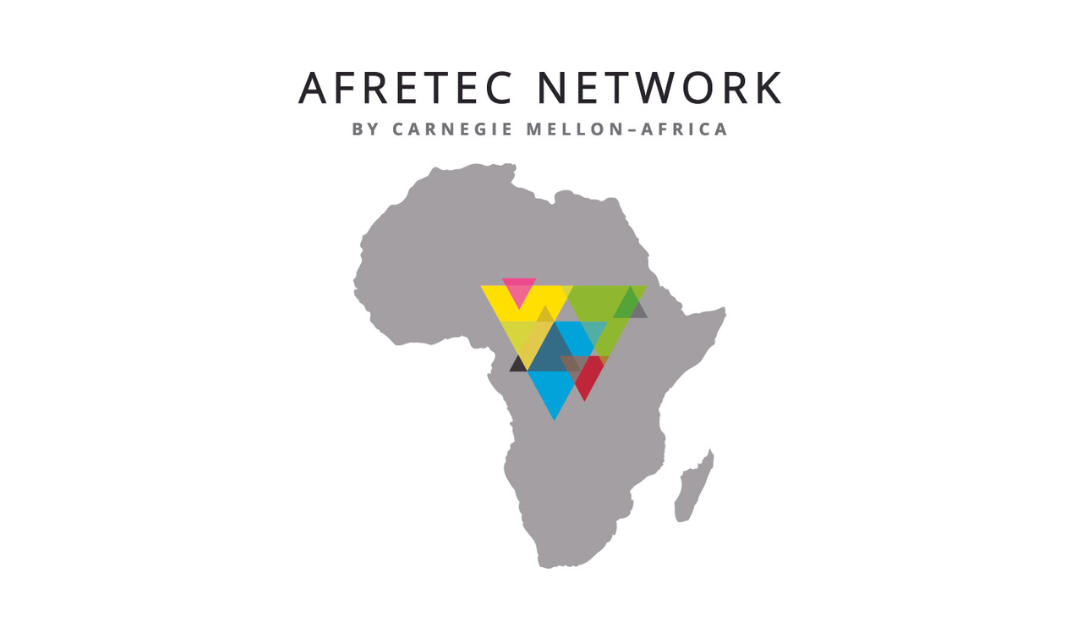Wits University researchers have secured funding through the Afretec Member Inclusive Digital Transformation Research Grant. The fund is a $300,000 initiative aimed at fostering collaborative efforts in knowledge creation among its member institutions.
The projects, spanning various disciplines, aim to contribute to the inclusive digital transformation of Africa and empower the next generation of technology leaders.
Read also: Raenest sponsors Nairobi’s sixth Africa Tech Summit
A Decade of Collaborative Innovation with Afretec
The Afretec Member Inclusive Digital Transformation Research Grant represents a decade-long commitment to collaborative efforts between Wits University and other Afretec member institutions. Members include Carnegie Mellon University Africa, The American University in Cairo, and the Universities of Lagos, Nairobi, and Rwanda. The grant, totaling $300,000, is dedicated to supporting knowledge creation over a three-year period.
Advancing Digital Education in South Africa and Rwanda
A team from the Wits School of Education, in collaboration with the University of Rwanda, secured a grant for their project, “Improving Digital Education and Learning Innovation in the Rwandan and South African Teacher Education Systems.” The initiative aims to bridge the digital knowledge divide in Africa by promoting digitally innovative teaching approaches and fostering collaboration between education institutions in South Africa and Rwanda, particularly in under-resourced rural schools.
Culturally Sensitive Social Robotics for Africa
Professor Benjamin Rosman from the Wits School of Computer Science and Applied Mathematics received significant funding for the project, “Culturally Sensitive Social Robotics for Africa,” in partnership with Carnegie Mellon University Africa. The research addresses the impact of cultural norms on the acceptance of social robots in Africa. The project aims to identify and incorporate verbal and non-verbal social and cultural norms into social robots, ensuring consistent and culturally sensitive interactions. The study focuses on various African countries, recognizing the diversity of cultures on the continent.
Financial Inclusion via Novel Intelligence and Alternative Data
Led by Professor Chimwemwe Chipeta from the Wits School of Economics and Finance, the project “Finia: Financial Inclusion via Novel Intelligence and Alternative Data” explores data-driven digital strategies for financial inclusion and education in Africa. The project aims to design effective digital financial literacy strategies, examine factors driving the transition to digital financial services, and utilize machine learning tools to predict financial distress in African startups. The initiative aligns with several UN Sustainable Development Goals, including No Poverty, Decent Work and Economic Growth, and Reduced Inequality.
Low-Cost, Accessible Biotechnologies for African Hair and Dark Skin Colours
Researchers from the Wits Department of Neurological Surgery, in collaboration with multiple institutions, are involved in the project “Low-Cost, Accessible Biotechnologies for African Hair and Dark Skin Colours.” This research focuses on refining electroencephalography (EEG) and Pulse oximetry (PulseOx) technologies to accommodate all African hair types and remove biases in measuring blood oxygen saturation.
The project “Towards IoT-enabled Privacy-preserving Large-scale Healthcare Analytics in Africa,” led by Professor Turgay Celik from the School of Electrical and Information Engineering and Dr. Dineo Mpanya from the Department of Internal Medicine, aims to make monitoring cardiovascular diseases more accessible. The initiative focuses on designing low-cost, privacy-preserving, and scalable digital technologies based on the Internet of Things (IoT) to monitor and identify abnormal electrocardiogram patterns in patients.
Clean technology leads foreign direct Investment into Africa
Wits Representation Across Afretec Pillars
Wits University is actively involved in various Afretec pillars, with representatives contributing to teaching and learning, knowledge creation, entrepreneurship, inclusion and diversity, and impact. The university is allocated $500,000 per annum for each pillar committee’s activities, in addition to $500,000 for collaborative infrastructure projects within the Afretec network.
Afretec: Driving Inclusive Digital Transformation in Africa
The Afretec partnership, formed in November 2022, brings together leading technical universities across Africa with the Mastercard Foundation. Focused on three pillars—teaching and learning, knowledge creation, and entrepreneurship—Afretec aims to develop technology leaders who can spearhead inclusive digital transformation and create dignified jobs.
The partnership envisions fostering digital transformation across African economies and societies by prioritizing the rapid development of Information and Communication Technology (ICT) knowledge and solutions. The network plans to expand to ten universities by 2023, with ongoing collaboration through various committees and activities.




